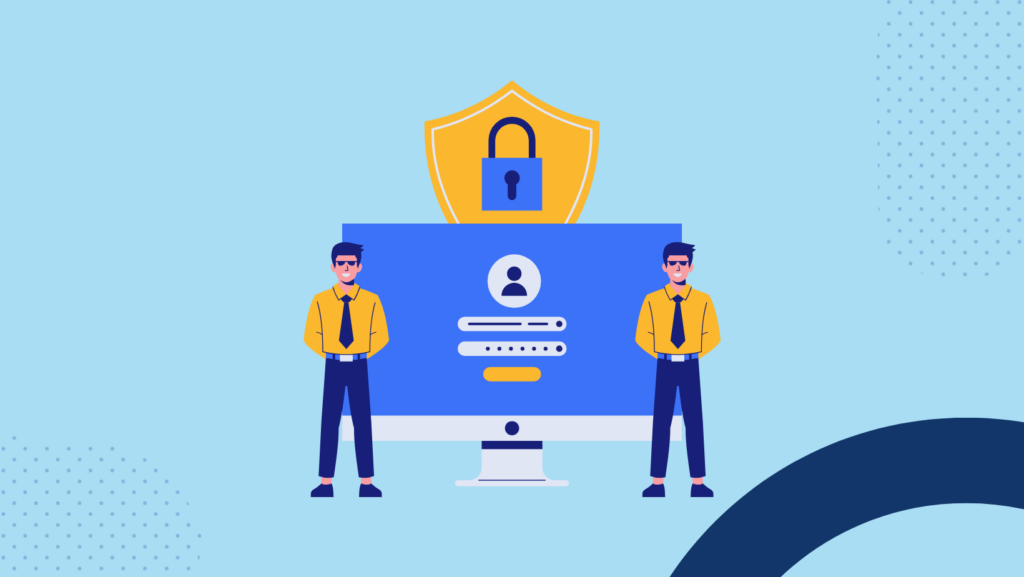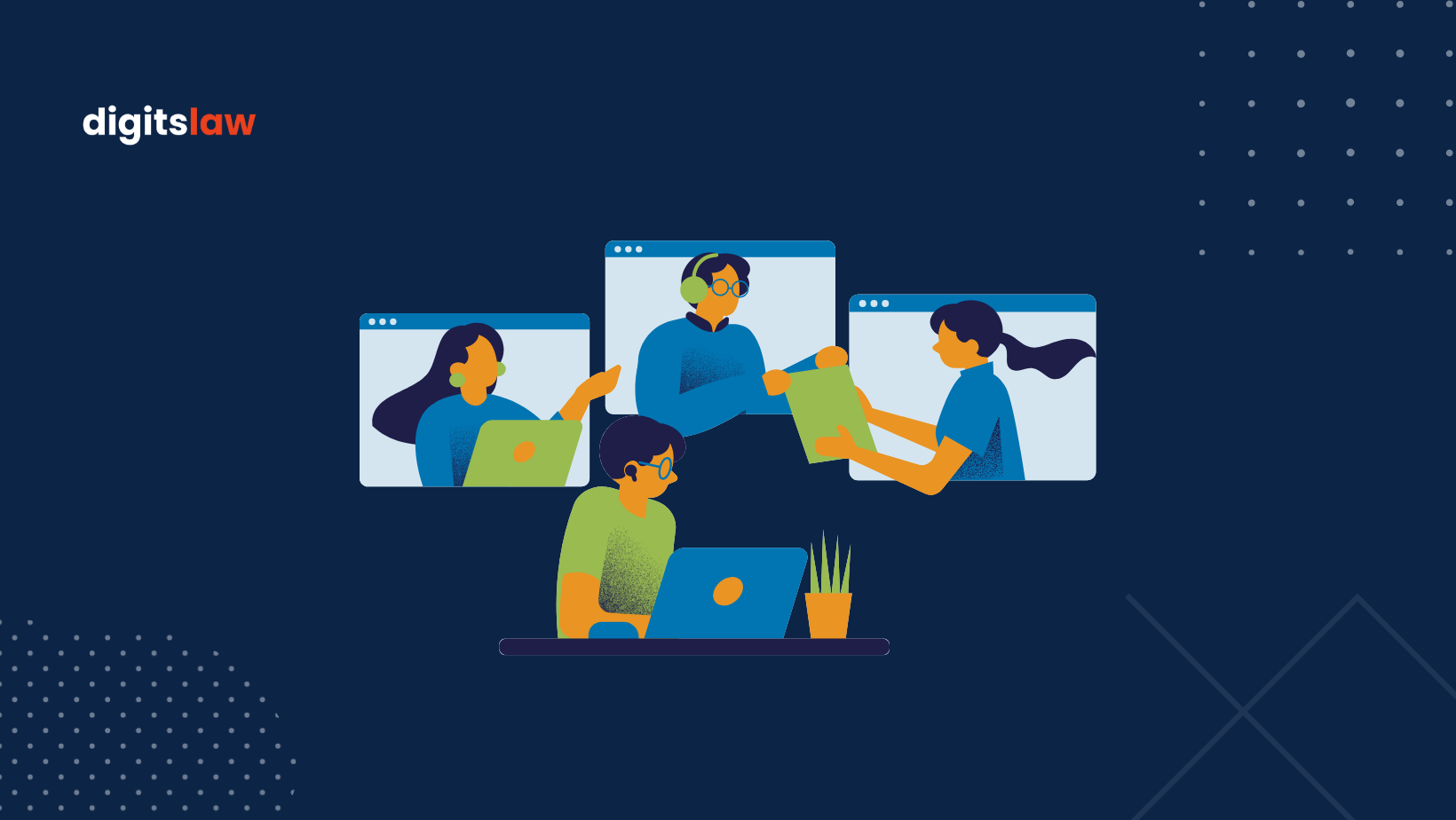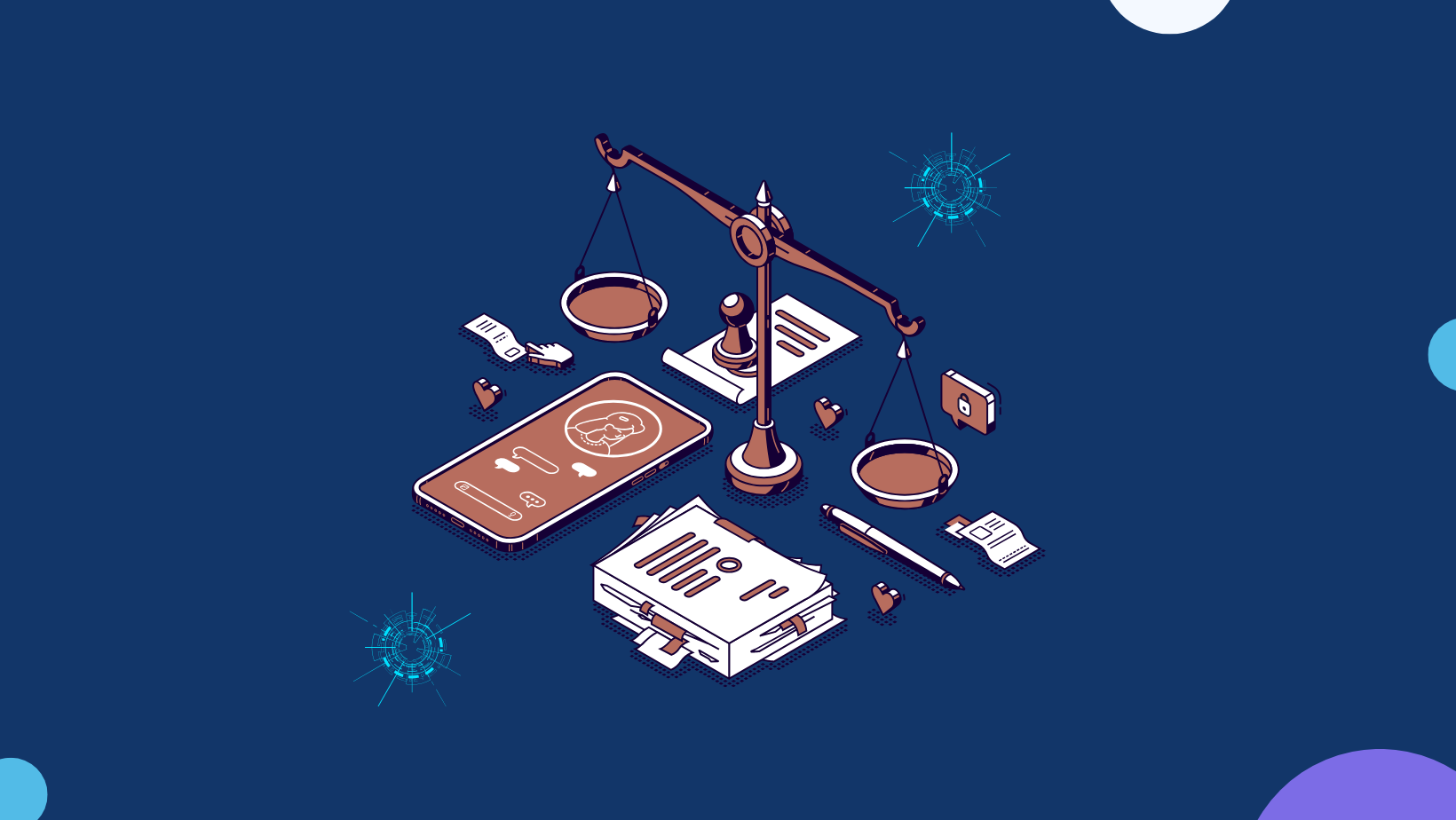The legal profession has embraced remote work with increasing enthusiasm, offering flexibility and convenience for both lawyers and firms. However, this shift also introduces new cybersecurity challenges. Lawyers handle sensitive client information, making them prime targets for cybercriminals. Here are some essential cybersecurity tips for lawyers working remotely to ensure their data and their clients’ data remain secure.

Image Source: Forbes
Use Secure Communication Channels
Lawyers often deal with highly confidential information, making secure communication paramount. Utilize encrypted communication tools, such as end-to-end encrypted messaging apps, client portal and secure email platforms. Ensure that any client communication or document sharing is done through these channels to prevent unauthorized access.
Implement Virtual Private Networks (VPNs)
Working remotely means relying on various Wi-Fi networks, some of which may not be secure. Lawyers should use a Virtual Private Network (VPN) to create a secure and encrypted connection, protecting sensitive data from potential eavesdropping. This adds an extra layer of security when accessing legal databases, client files, or communicating over public networks.
Regularly Update Your Software and Devices
Hackers often exploit vulnerabilities in outdated software. Lawyers should regularly update their operating systems, antivirus software, and any legal-specific applications to ensure they have the latest security patches. Automatic updates can be enabled to streamline this process and minimize the risk of cyber threats.
Strengthen Your Password Security
Passwords are the first line of defense against unauthorized access. You should use strong, unique passwords for each application or platform. Implementing multi-factor authentication (MFA) adds an extra layer of protection by requiring a second form of verification, such as a code sent to a mobile device.

Secure Home Wi-Fi Networks
Home Wi-Fi networks can be vulnerable if not properly secured. Change the default router login credentials, use WPA3 encryption, and regularly update the router firmware. Consider creating a separate network for work devices to isolate them from personal devices and guest networks.
Backup Data Regularly
Lawyers deal with crucial client information daily, and data loss can be catastrophic. Regularly backup all files and documents to secure cloud storage or an external hard drive. This ensures that in the event of a cyber incident, important information can be easily recovered.
Always Learn About Cybersecurity Best Practices
Ensure that you are well-versed in cybersecurity best practices. Research regularly to educate yourself about potential threats, phishing scams, and the importance of following secure protocols. Being well-informed is a crucial component of a robust cybersecurity strategy.
Be Wary of Phishing Attacks
Phishing attacks remain a prevalent threat. Always exercise caution when clicking on links or opening attachments, especially in unsolicited emails. Verify the legitimacy of the sender and ensure that any unexpected communication is authentic before taking any action.
Conclusion
By implementing these essential cybersecurity tips for lawyers, legal professionals can not only protect sensitive information but work remotely with confidence, knowing they are taking proactive steps to protect themselves, their clients, and their firm’s data. Remember, cybersecurity is an ongoing process, and vigilance is key to staying safe in the digital age.







